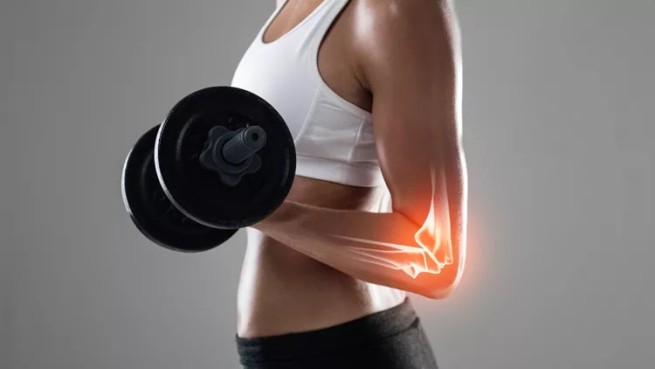Bone health depends on lifestyle. Strengthen your bones and increase their density in four easy ways.
Our bones, skeleton and overall bone density play an important role in our health as they provide structure to the body, connect to joints and support muscles, help protect organs and store calcium and phosphorus. Childhood and adolescence are a time in a person's life for proper growth and strengthening of bones, but this does not mean that success cannot be achieved in adulthood.
Bones are constantly changing, especially at a young age: the body creates new bone faster and bone mass increases, peaking around age 30. After this, changes continue, but now you gradually lose more bone mass than you create (slow renewal, osteogenesis).
Decreased bone density may be associated with other conditions such as cardiovascular disease and neurological disorders. Bone health is a key issue for a person's overall health, and despite your age, there are some habits you can adopt that will keep you in better shape.
1. Pay attention to proper nutrition and vitamin D
Eat foods with plenty of calcium and vitamin D. Yogurt, cheese, milk and dark green vegetables are rich in calcium. In addition, eggs, fatty fish, cereals and fortified milk are rich in vitamin D, which can be obtained by spending some time in the sun.
2. Choose the right exercises
Exercise is important because in many cases bones wear down in response to stress. The secret to keeping bones strong and flexible as you age is a natural process. osteogenesis. These include two types of specialized bone cells:
- osteoblastswhich build new bone
- OSteoclastswhich destroy old, brittle bone.
Together they are important for bone growth and repair. However, after about age 30, this natural process of bone turnover slows down, which leads to gradual loss of bone density. Exercises such as walking, hiking and dancing are good options for strengthening bones. But adding strength training as well as weight training will strengthen your bones and keep them healthy.
3. Limit your alcohol intake
Although light alcohol consumption has beneficial effects on bones, increasing bone density in the lumbar spine and overall, research suggests that drinking too much alcohol can cause health problems in postmenopausal women. This leads to decreased bone mass and bone density. Make sure the number of drinks does not exceed one per day.
4. Quit smoking
Smoking can make your bones thinner. If you need help quitting smoking, talk to your doctor about smoking cessation programs. Research has shown that smoking reduces blood supply to the bones, as well as many other tissues in the body.







More Stories
Vaccine to combat antibiotic resistance
Oral health: increased risk of cancer
Avian influenza virus found in cow's milk